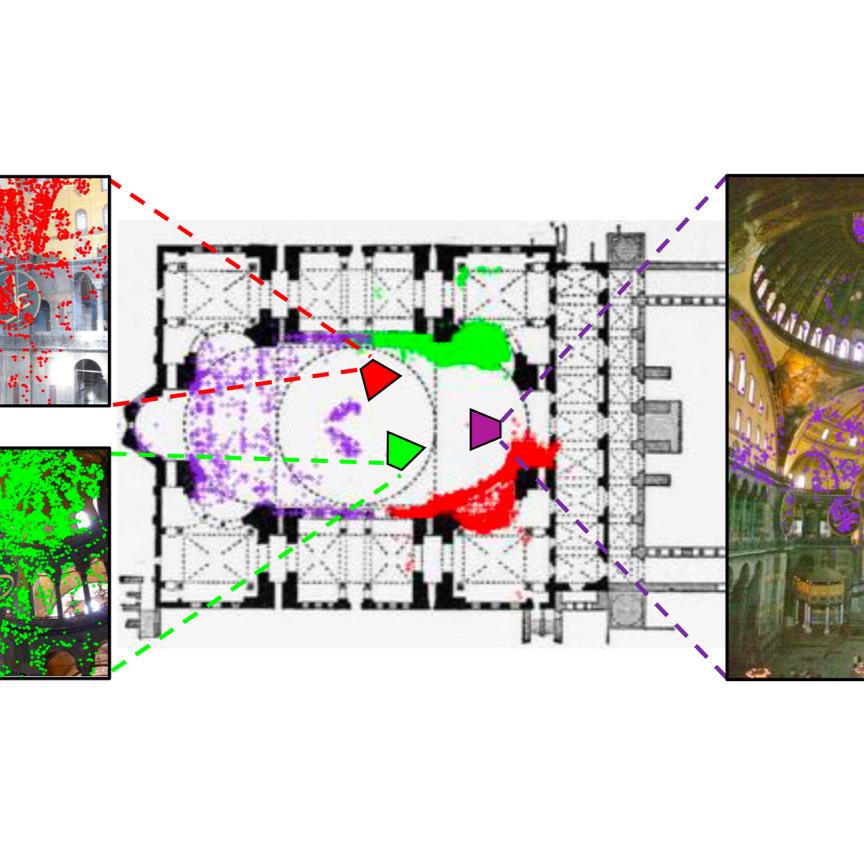Framos AI GmbH, a member of the FRAMOS® Group, leading global supplier of imaging products, custom vision solutions and OEM services, is launching its FAIM SDK to enable AI powered algorithms optimized for real-time applications.
Skeleton tracking is the first functionality that is integrated into the Framos AI SDK, which enables efficient 2D/3D application development such as for interactive education, sports movement analysis, entertainment and gaming as well as healthcare. With the SDK supported by artificial intelligence algorithms it is possible to integrate 2D and 3D skeleton tracking in as little as 30 minutes. The software package is listed by Intel® as official software for the RealSense™ technology.
Paul Kreuzer, Development Team Lead at Framos AI says: "Our team is very proud that we can offer a high-performance SDK with skeleton tracking functionality. This is our first step to offer AI-based software functionality, enabling advanced real-time applications. Many more functionalities will be added to the SDK soon."
Effectively, the integration of 10 lines of code enables skeleton tracking from any image or video input. By providing a development environment in the customer’s programming language, using existing API-wrappers, FAIM SDK increases implementation convenience significantly. The skeleton tracking functionality is optimized for edge hardware and can be run on all main platforms such as Intel® CPUs and ASICs as well as Nvidia® GPUs.
The Framos AI SDK is closely developed in cooperation with Intel®, leveraging the Intel® RealSense™ technology, which combines 2D and 3D vision in a single device. The industry and development experts at Framos AI are available to support customers to get use of the new SDK for their applications and projects. In addition, Framos AI provides a broad range of services for development and customization of AI-based applications.

